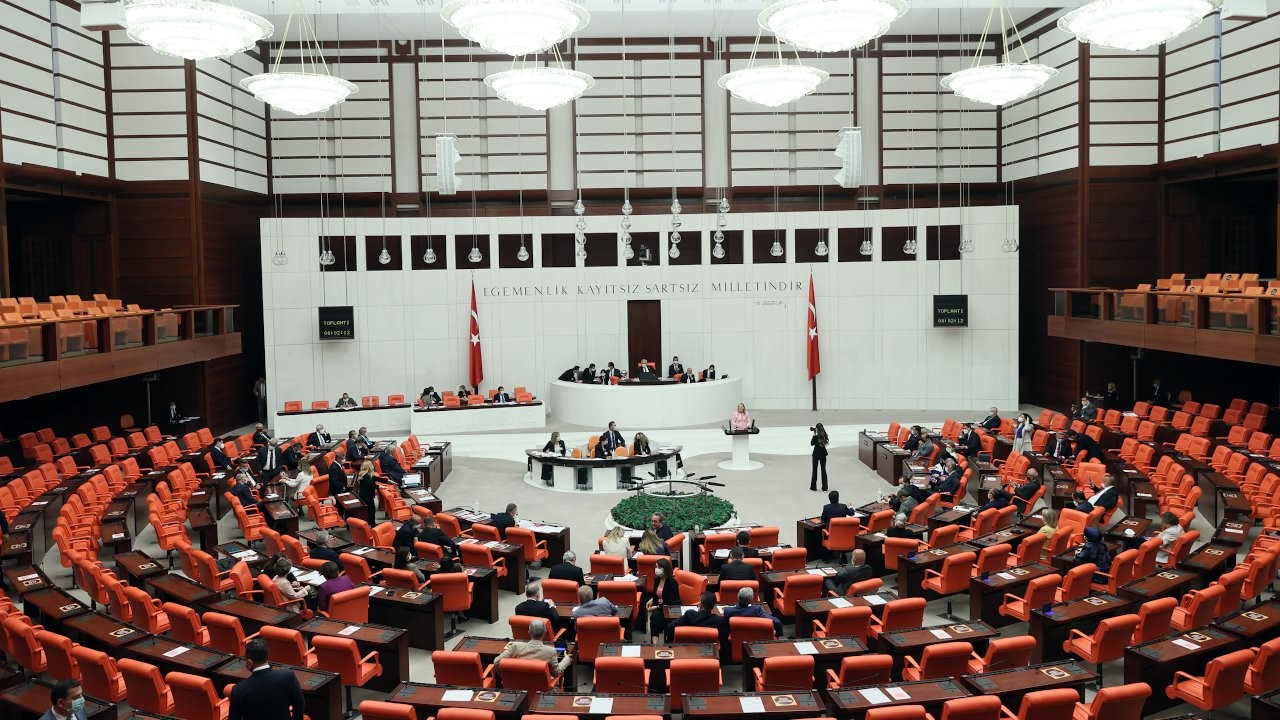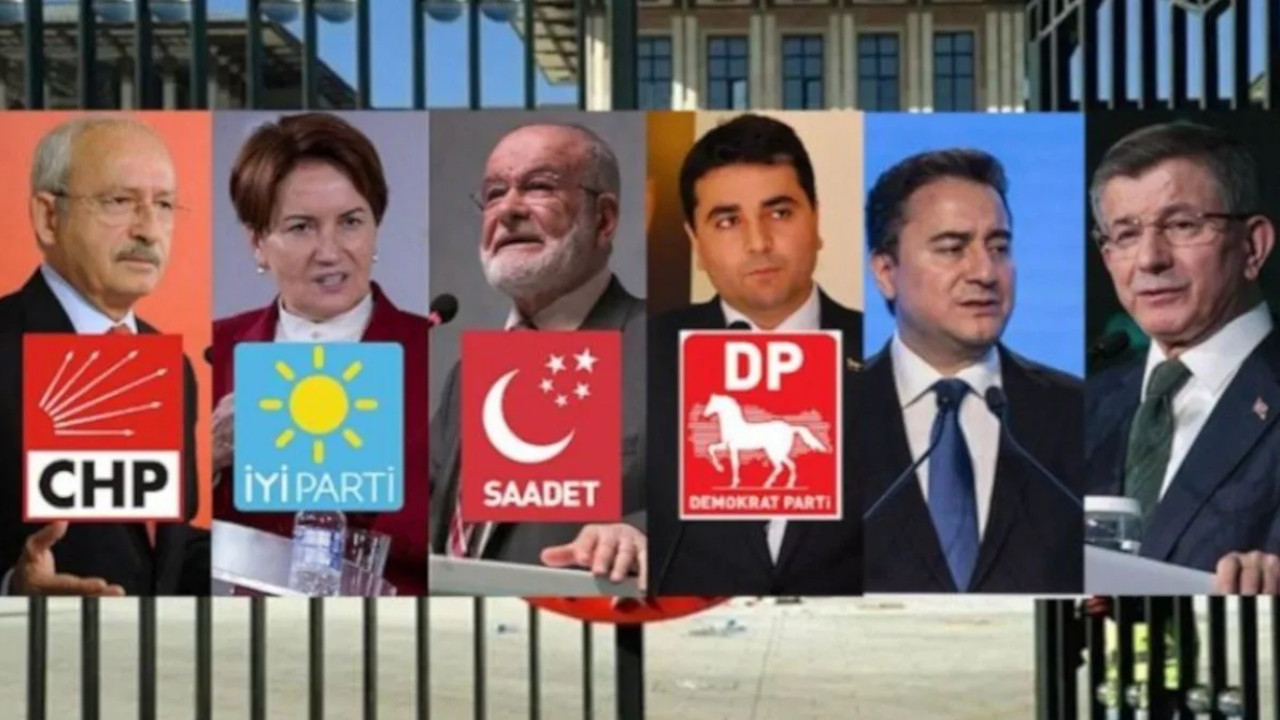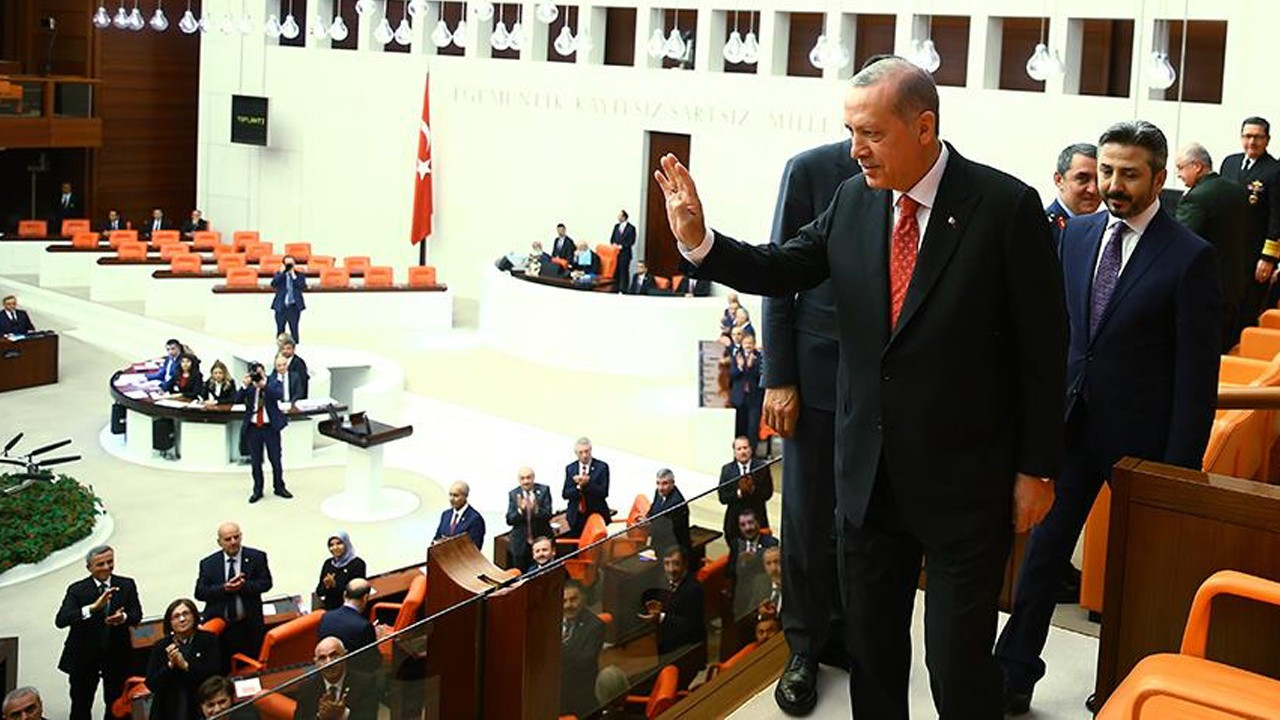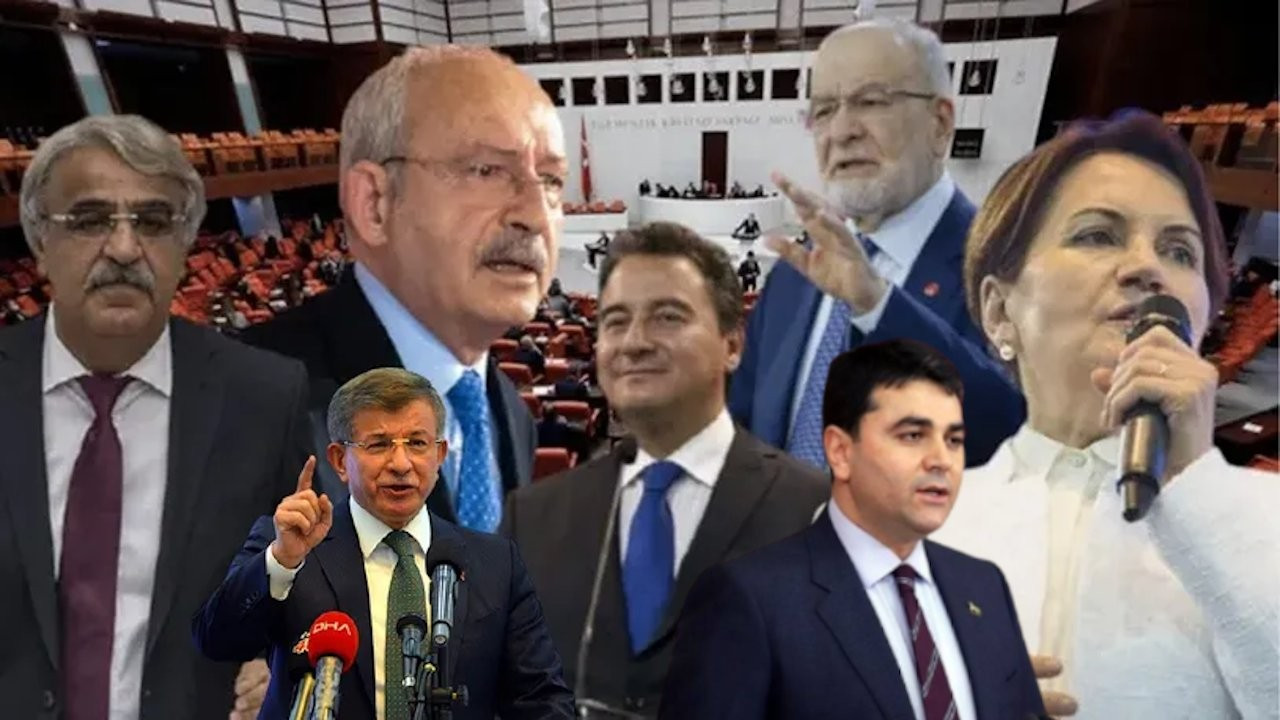Turkish opposition parties agree on 13 issues in talks for return to parliamentary system
Six Turkish opposition parties discussing a return to a parliamentary system met for the fourth time in parliament and agreed on 13 articles regarding the legislative process.
Nergis Demirkaya / DUVAR
Six Turkish opposition parties working towards a return to an "enforced parliamentary system" agreed on 13 articles regarding the legislative process in the fourth meeting they've held in parliament on Oct. 19.
The main opposition Republican People's Party (CHP), right-wing Good (İYİ) Party, Felicity Party (Saadet), Democrat Party (DP), former prime minister Ahmet Davutoğlu's Future Party and former deputy prime minister Ali Babacan's Democracy and Progress Party (DEVA) discussed lowering the election threshold for entering parliament, Treasury funding, debates on proposed bills and deputies' immunity.
Held in a closed session in the parliament building, the meeting included 13 different topics about political parties and election law. The parties agreed on keeping parliamentary officers in their posts for five years.
However, the opposition parties suggested drastic modifications on the election threshold to enter parliament, currently a world record of 10 percent, ranging from the complete cancellation of the limit to lowering it to a number between three and five. The parties agreed on three percent and the final decision was left to party leaders.
The party representatives agreed on lowering the threshold for Treasury funding of political parties to one percent, a two-point decrease from the current three percent that is required.
The officials also agreed on removing the practice of omnibus bills, a common tool by the ruling Justice and Development Party (AKP) to pass controversial laws.
Parliamentary bylaws were also discussed by opposition politicians, who noted that they need to be democratized in a way that allows for a more efficient legislative process.
Legislation is centered in parliamentary commissions, which the opposition agreed need to be granted more authority, allowing for more participation by the opposition.
Public participation in the legislative process needs to be improved, the opposition agreed, adding that civil society should be more involved in parliament's lawmaking process.
Opposition representatives also agreed that deputies should be immune from prosecution for any parliamentary acts, a legal concept that's been severely damaged under the ruling AKP with multiple opposition deputies in prison across the country.
The opposition also agreed to reverse the cabinet's authority to create legislation via decrees and to implement safeguards in parliament to ensure public supervision.
The parties are scheduled to meet again on Oct. 26 to continue discussing legislation issues, as well as parliament's fiscal authorities. The opposition is expected to complete meetings before the end of the year, and to come out with a statement from their chairs.

 Turkish ministers ignore parliamentary questions, send links insteadPolitics
Turkish ministers ignore parliamentary questions, send links insteadPolitics Opposition parties map out visions of post-AKP, renewed parliamentary systemPolitics
Opposition parties map out visions of post-AKP, renewed parliamentary systemPolitics Return to parliamentary system ruled out in AKP's draft constitutionPolitics
Return to parliamentary system ruled out in AKP's draft constitutionPolitics Six opposition parties discuss Turkey's return to parliamentary systemPolitics
Six opposition parties discuss Turkey's return to parliamentary systemPolitics